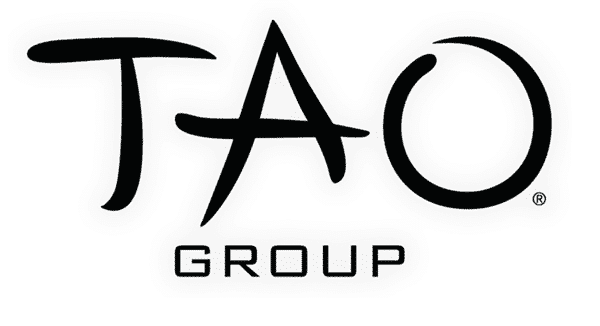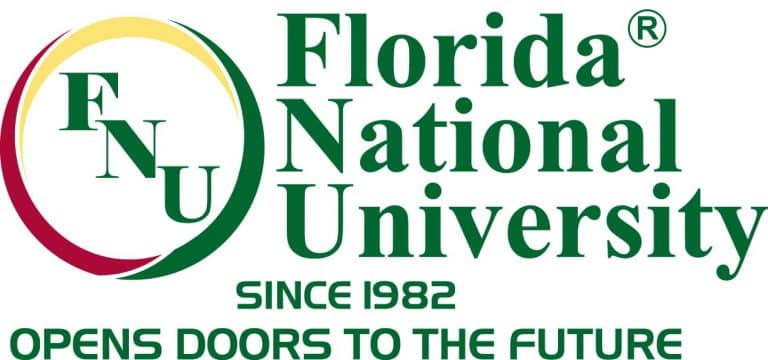Teamwork makes the dream work. That is true in many parts of life: in business, in sports, and in our personal favorite, local SEO. When you are trying to optimize for search engines, you need to work together with your franchise, with your employees, and with your customers.
Before we break down how to do local SEO, it may be a good idea to examine just how important it is. 50% of consumers who do a local search on their phone visit a store within a day. 60% of American adults use smartphones and tablets to search for local product and service information. The use of the words “near me” when searching has more than doubled in the past two years. 72% of your potential customers who did a local search visited a store within five miles.
So, are you on board?
Of course you are.
Let’s get started.
Avoid Duplicate Content

Google punishes duplicate content like thunderbolts from Zeus smiting a village. When you are working on your strategy, it will be tempting to take all the content from another store or restaurant, slap your neighborhood on it, and call it a day.
This is a bad idea.
If you are making a landing page, you need to craft content that is unique to you. Not only is this good from a search engine vantage point, users enjoy it as well. A local neighborhood store is more welcoming than some off-the-shelf corporate-approved place. In the SEO world, content is king. Well, mostly. Having content that is your own can make you stand out.
Use Schema Markup
For all its fancy algorithms and nifty tricks, Google Search is far from perfect. The more you can help Google to understand the content on your website, the better able Google will be to deliver that content to users in a rich, relevant, and informative way. Schema markup takes the form of code added to your website and it’s about telling Google what your data means, rather than just what it says.
Schema markup is especially useful when you have information that could be subject to some ambiguity or interpreted in different ways. Schema.org gives the following example: let’s say you have a heading on your web page that says “Avatar”. This heading could be referring to either the hugely successful movie by James Cameron, or a type of profile picture. Google will try to use context to make an educated guess as to what your page is about. But, it’s not perfect. A better solution is to simply add a schema markup to the page, explicitly telling Google that you are referring to the movie.
With regards to local SEO, the implications are massive. Schema markup allows you to explicitly tell Google that the string of numbers on your web page is your business’ phone number. It allows you to explicitly tell Google that a paragraph of text on your testimonials page is a customer review. It even allows you to explicitly tell Google exactly what services you offer and in what geographic area you offer them.
Pro tip: try using Google’s Structured Data Testing Tool to verify your schema markup is correct.
Claim Your Google My Business
Claiming your Google My Business is a great way to take some control over how your business appears on Google Maps. If you’ve got a local business that’s been around for a while, chances are good that it’s probably already on Google Maps. However, information such as business hours, phone number, and address may not be perfectly accurate. Also, any pictures of the business will likely just be pictures taken by customers or Google’s Street View cars.
By claiming your business, you can make changes to the information on the listing, add photos, and even include a virtual tour of the inside of your business.
Manage Your Online Reviews
Online reviews may be one of the most important factors in whether a potential customer chooses your local business over a competitor’s. That’s why it’s so critical to managing them properly.
The first step to managing your online reviews is to encourage satisfied customers to leave you good reviews. When you inevitably do get a negative review, check whether the review violates any policy. For example, lots of websites will take down reviews which use profane language if you flag them as inappropriate. You can also try calling the company where the review was left and see if you can get it taken down.
If all else fails, then you’ll have to live with the fact that you have a negative review on your page. It’s not a hill worth dying on. Just respond to the review in a thorough and professional manner, then move on.
For professional management of your local SEO, give us a call. We handle all aspects of local SEO, including managing your online reviews, writing content, setting up schema markup on your website, managing your local social media, and more.





































